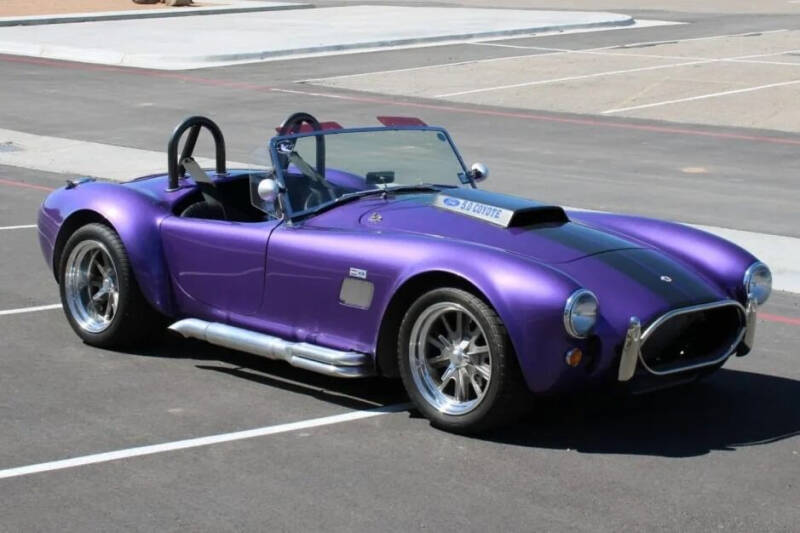UK'S MOST COMPREHENSIVE CAR HISTORY CHECK ONLY £9.99

Classic cars. They truly have their own unique style and charm. And, as such, it’s safe to say that many people love them. However, the rules for registration on classic cars have historically been a little tricky and fiddly, leaving many people feeling frustrated by the rules imposed on them.
Fortunately, a new DVLA change is set to make it easier for classic car owners to modify their cars. In turn, this can open up a lot more freedom for owners to modify their classic cars without previous restrictions.

The DVLA has recently announced several new changes to its rules for classic car registration and modification. These fall mainly into three new rules:
Overall, the major change is that you no longer need to report like for like repairs. That’s a huge weight off most classic car owners’ minds. However, being able to modify or update your classic car more easily will also prove incredibly handy for many owners.
The new proposals for classic cars and classic EVs come into effect on the 26th August 2025. These new policies will undoubtedly help cut the amount of paperwork and hassle involved with owning one; in turn, this may even drive greater interest in the classic car community as a whole!
Lilian Greenwood, Minister for the Future of Roads, voiced strong support for the changes, stressing the importance of backing the classic car community. She said:
“We know how much love, time and effort goes into keeping classic cars – and we’re right behind the community. These changes are about cutting red tape and making life easier for enthusiasts, whether you’re restoring a vintage gem or converting it to electric.”
Tim Moss, DVLA Chief Executive, acknowledged the passion and commitment of classic car owners, saying:
“We recognise the time, passion and care that keepers of classic vehicles invest in keeping their cars on the road. That’s why we’ve worked closely with the community to shape these changes.”
While the DVLA has loosened the regulations relating to modifying a classic car, it’s still important to use due diligence. This is especially true when buying a classic car. After all, these can be worth tens of thousands of pounds, in many cases.
Given this thought, it’s vital you’ve started your search by running a car history check; this simple process allows you to quickly ascertain whether the seller’s telling the whole truth. In turn, this should help you avoid potentially dishonest sellers or those who aren’t quite up to speed on the car’s true history.
After all, your new classic car’s seen years of history. Just ensure it has a good history with Full Car Checks, rather than hidden issues from the past.